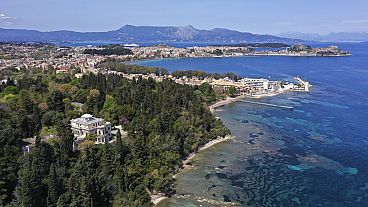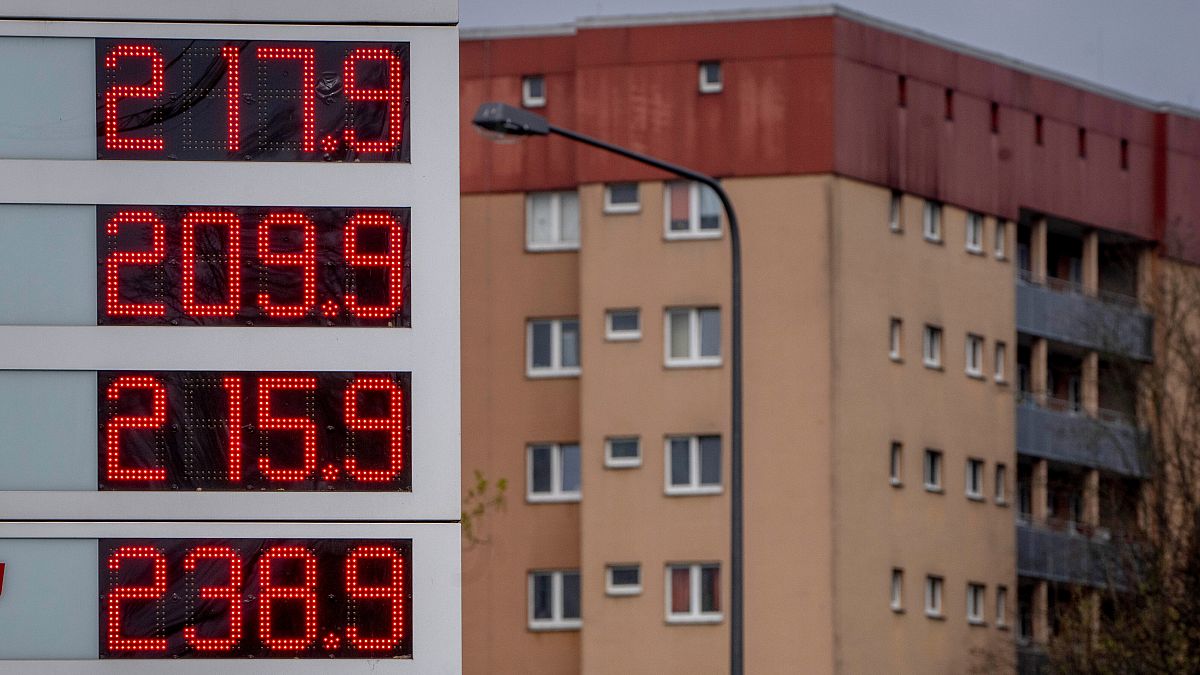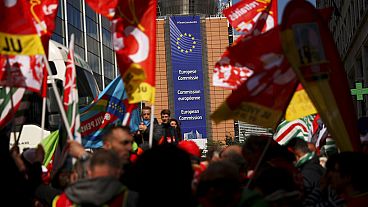Inflation could be just 2.2% in the EU next year, as voters cite concerns over rising prices.
Better than expected data means inflation will more than halve this year, despite a price increase in major commodities such as crude oil, the European Commission has predicted.
Forecasts released today (15 May) show rising optimism about the state of the economy, as voters concerned over rising prices prepare to go to the polls.
"We have turned a corner after a very challenging 2023,” European Commissioner for Economy Paolo Gentiloni said in a statement, predicting a rise to 1% growth across the bloc this year, but added: “With two wars continuing to rage not far from home, downside risks have increased."
Tackling rising prices is seen as the number one issue ahead of European elections due in June. According to an exclusive poll published by Euronews in March, more than two-thirds of Europeans say it needs to be a priority.
Now the Commission predicts that EU inflation will fall to 2.7% this year, after reaching a high of around 10% after the pandemic and Russia’s war in Ukraine impacted the economy.
Tackling those problems has led the European Central Bank, which is supposed to keep euro area inflation at 2%, to hike interest rates by record amounts – and in April, its governing council said its policy will stay restrictive for “as long as necessary”.
The price of energy is still rising, but calmer markets in food and other products are cooling inflationary pressures, the Commission said, adding that the EU economy created two million jobs last year.
With a predicted rise of 1.6% for GDP next year, the EU economy is predicted to grow faster than rivals such as Japan and the UK – but less well than the US.
But officials cite an uncertain global outlook as weighing heavy on their predictions – which assume that war-torn Ukraine will be able to start reconstruction by early 2025, and that the conflict in the Middle East doesn’t escalate geographically.










